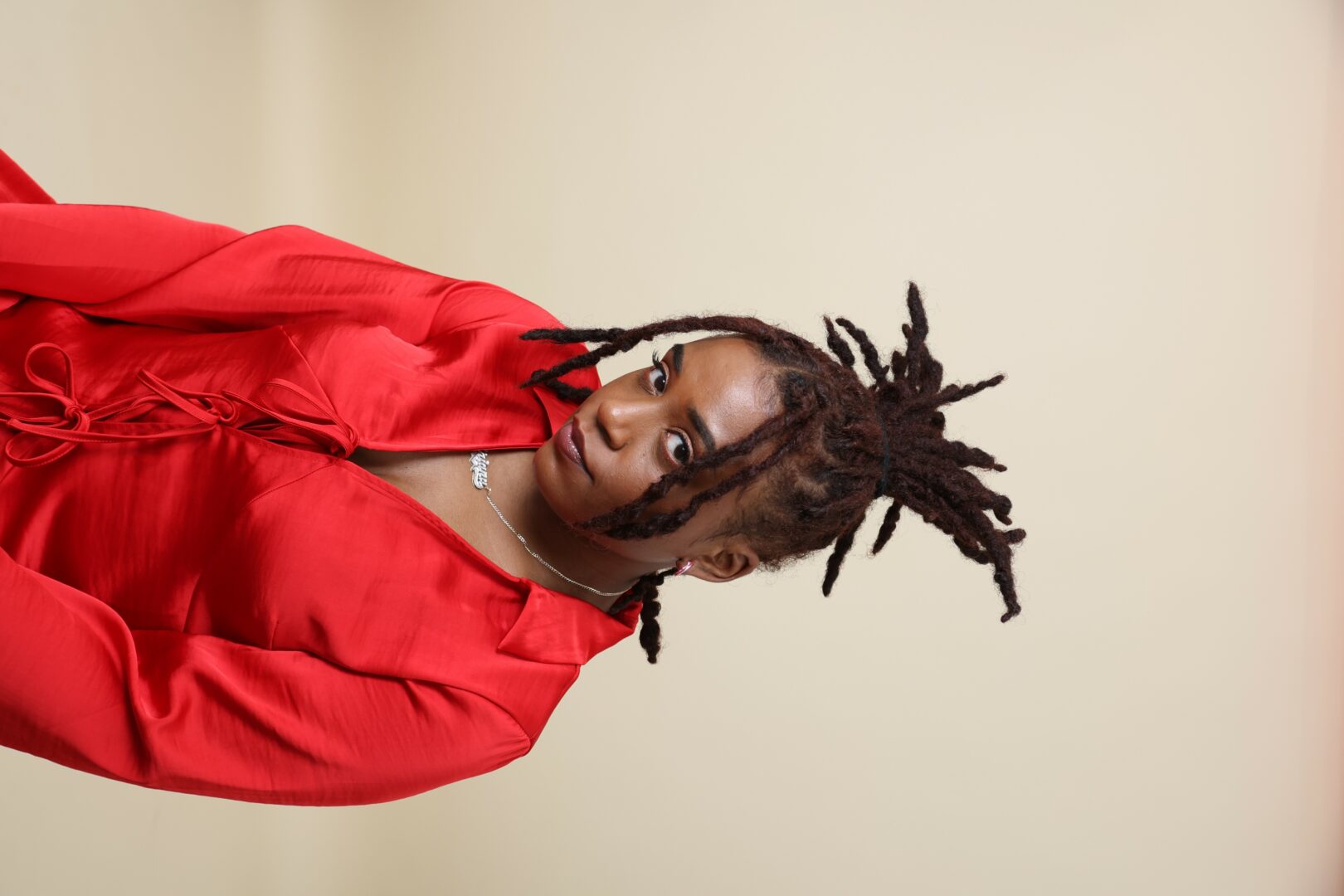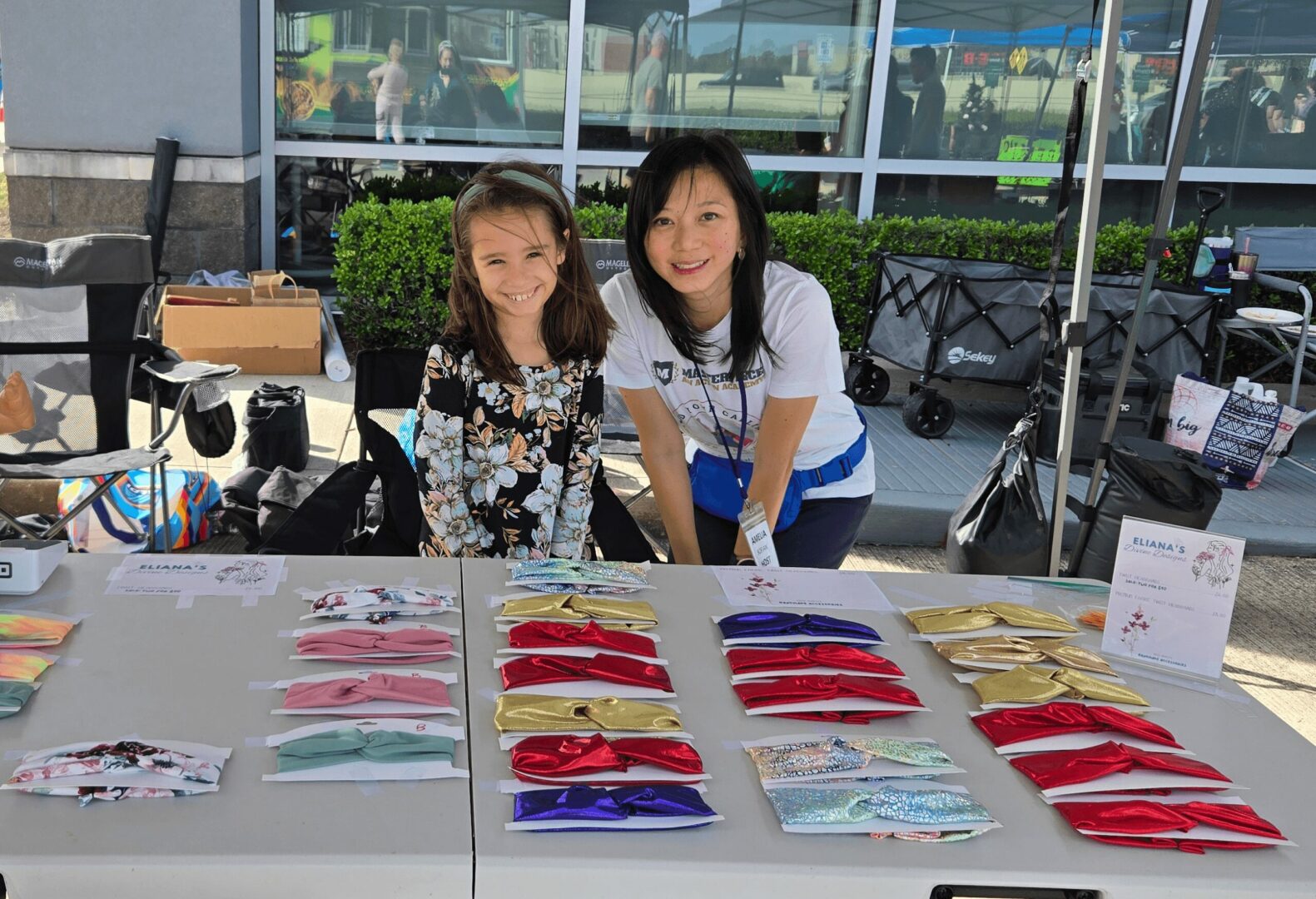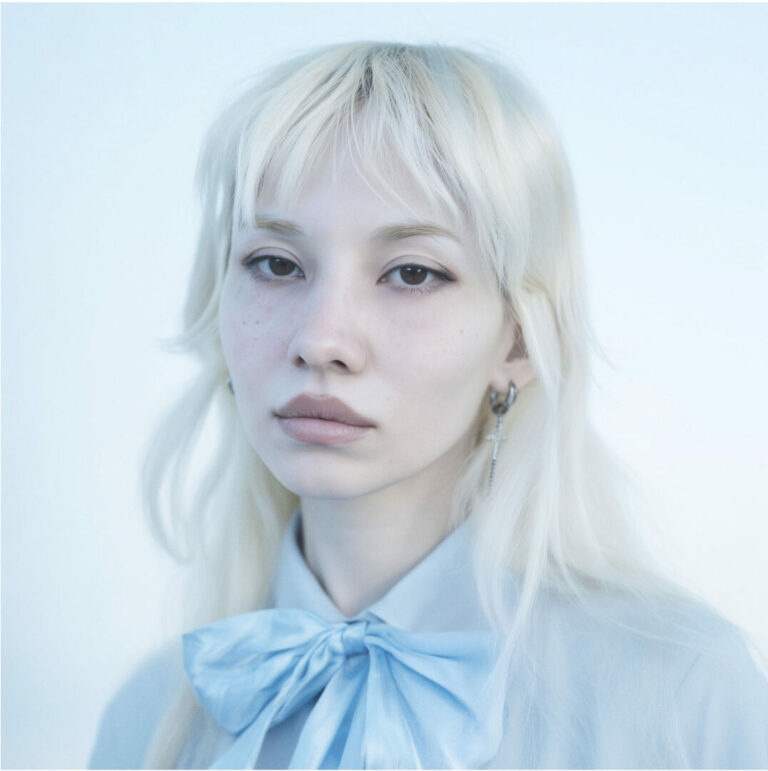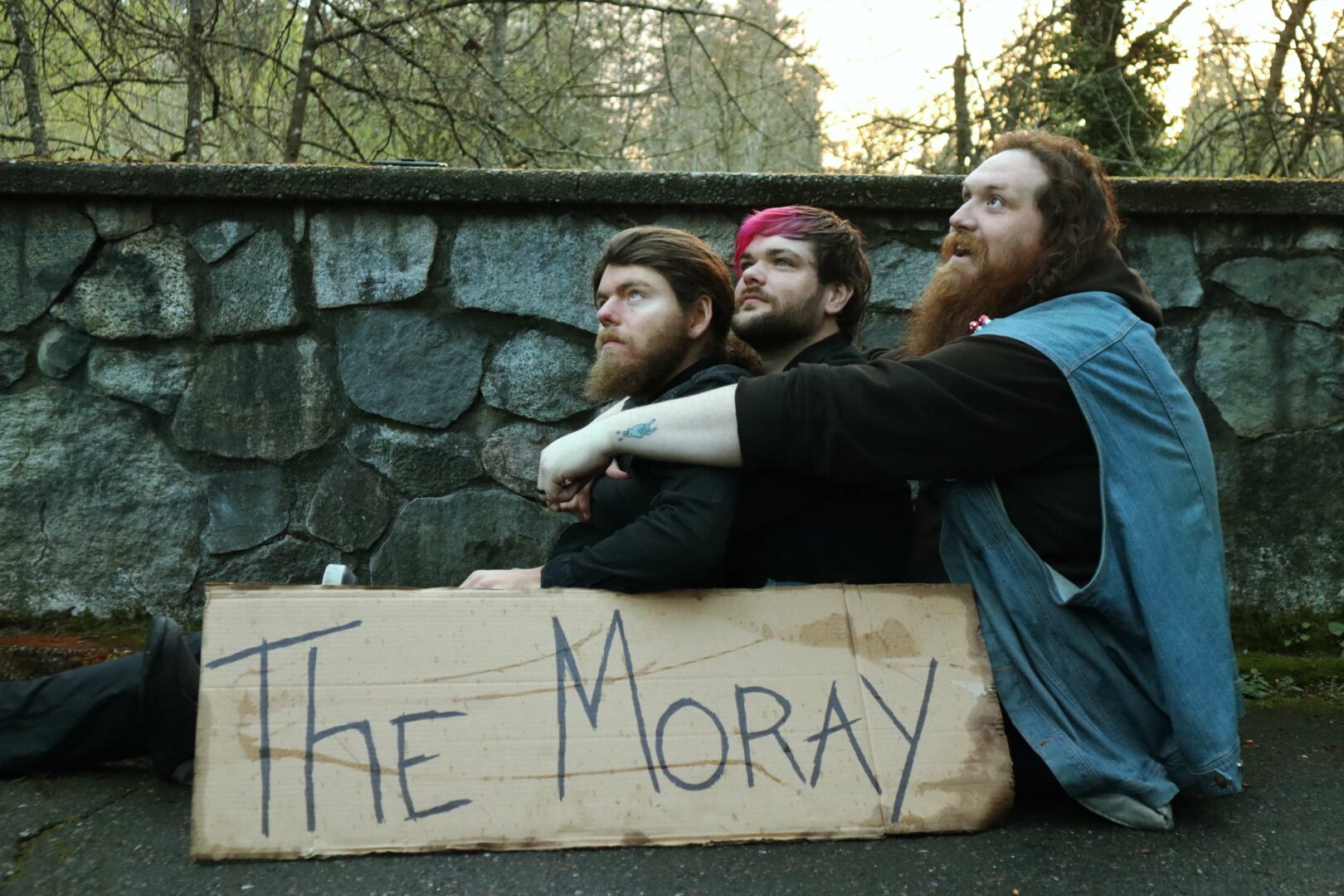We’re excited to introduce you to the always interesting and insightful Briana Boyd. We hope you’ll enjoy our conversation with Briana below.
Briana, sincerely appreciate your selflessness in agreeing to discuss your mental health journey and how you overcame and persisted despite the challenges. Please share with our readers how you overcame. For readers, please note this is not medical advice, we are not doctors, you should always consult professionals for advice and that this is merely one person sharing their story and experience.
I come from a line of strong women who shaped me in different ways. I was primarily raised by my grandmother, who had a nurturing, open-minded spirit. She really saw me. She told my mom I was a sensitive child who would need to be handled with care very early on in my childhood. That kind of early validation—her deep understanding and unconditional acceptance—gave me a strong sense of worth. It made the effort of navigating my emotions and thoughts feel worthwhile, even from a young age. I AM a sensitive person, and it’s okay. It’s my superpower in the work I do now.
My mom, on the other hand, was very logical, business-minded—a true Capricorn. She intentionally raised me to be resilient, high-functioning, and goal-oriented, even while managing depression or anxiety. That approach deeply influenced how I live. Nearly all of my accomplishments have happened while managing moderate to severe depression in the background. As a young Black woman, I was taught early that I’d have to work twice as hard in both education and the workplace just to be seen.
Those lessons served me for a long time. Because of them, I was able to push through—whether that meant showing up to class, or performing under pressure at a high-stress booking agency—while privately struggling. But in this chapter of my life, now in my early 30s, I’m starting to lean more into the wisdom my grandmother held: that maybe I’m already enough as I am, even with mental health challenges.
I call it “white-knuckling” through life—that constant bracing and pushing. And while many of us have to live that way at times, especially when navigating intersecting identities, staying in survival mode for too long wears on the body and the spirit. It chips away at your sense of deservingness. So now, I’m learning that healing also looks like rest, joy, and allowing myself to slow down—not because I earned it, but because I deserve it. And I believe that’s part of growing too.
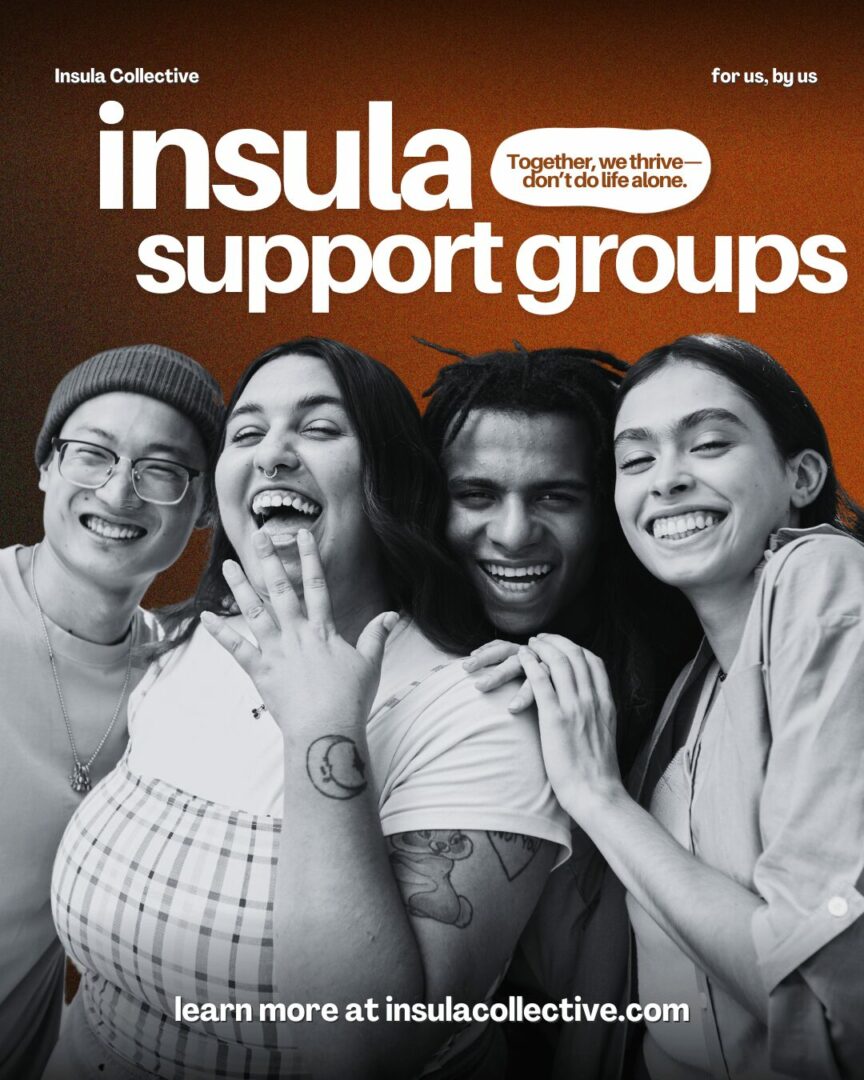
Appreciate the insights and wisdom. Before we dig deeper and ask you about the skills that matter and more, maybe you can tell our readers about yourself?
My name is Briana Boyd. I’m a New York native currently living in Brooklyn. After spending over a decade working in the music industry, I began transitioning into another passion of mine: mental health. That shift was largely inspired by my own experience in support groups—spaces where I felt seen, validated, and truly part of a community. The impact was so palpable that when I stepped away from the music world, I decided to become a certified peer support specialist and launch my own mental health initiative, Insula Collective.
The name Insula Collective was inspired in part by Moses Sumney, an artist whose work often explores themes of isolation. To me, “insula” speaks to both self-reliance—trusting that you already hold what you need within you—and the power of intentional community. It’s about creating space where people can show up for themselves and for each other in a meaningful way.
At its core, Insula Collective offers sliding-scale and donation-based mental health support groups—focused on topics that resonate deeply with me or impact the BIPOC community at large. I launched it in April 2024 while living in Los Angeles and quickly found a deep sense of purpose through connecting with others face-to-face. That sense of purpose inspired me to take the next step: I’ll be starting graduate school at Long Island University this fall to become a licensed mental health counselor.
What makes Insula Collective truly special is that it was born from lived experience. As a young Black woman navigating the mental health system, I’ve seen firsthand how expensive and inaccessible care can be. I wanted to create something where money wouldn’t be a barrier to feeling supported. While support groups aren’t a replacement for therapy, they are a powerful, evidence-based tool that can help people feel less alone. And at a time when so many of us are experiencing deep disconnection, they offer a much-needed sense of togetherness.
After relocating from Los Angeles back to Brooklyn this January, I’ve been slowly and intentionally re-rooting Insula Collective here. Right now, we host a monthly virtual BIPOC support group on the last Thursday of each month, with a sliding scale starting at just $5. I’m also excited to be launching my first in-person BIPOC support group in NYC on August 16th at Trans-Pecos in Ridgewood. That’s just the beginning—I’m planning a recurring in-person series starting this fall and I’d love to expand to groups open to all and groups catered to people working in entertainment or nightlife.
Looking ahead, I’m eager to keep growing Insula Collective’s reach while remaining grounded in community care. I recently gave a talk at Glendale Community College and hope to continue sharing my story publicly to help others feel less alone. I’m also really interested in collaboration—whether it’s co-facilitating at events or contributing to programming that expands beyond my own scope. Community work doesn’t have to be siloed, and I believe there’s so much power in joining forces to better support the people around us.
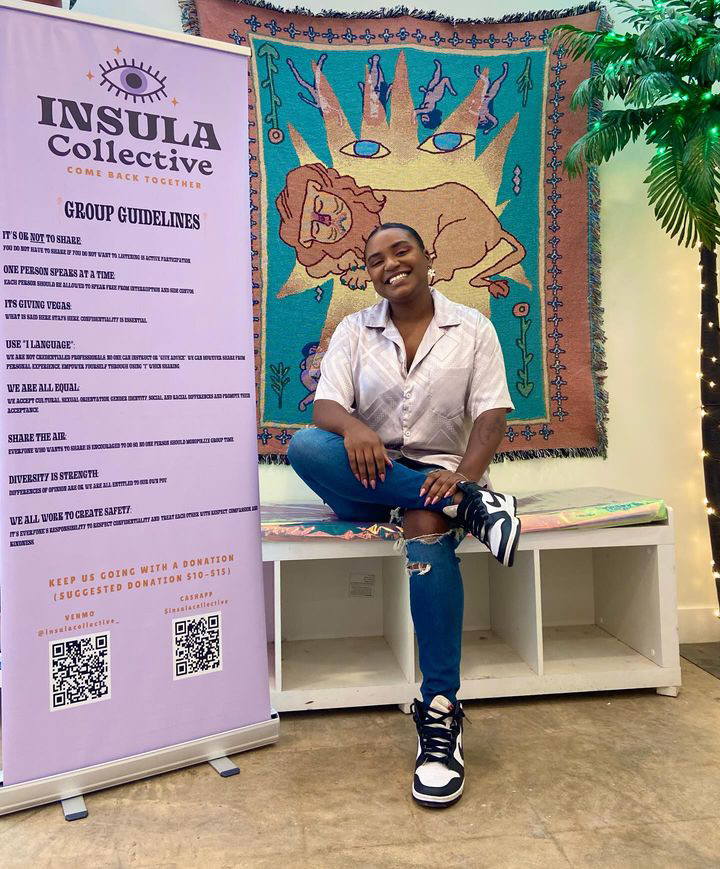
There is so much advice out there about all the different skills and qualities folks need to develop in order to succeed in today’s highly competitive environment and often it can feel overwhelming. So, if we had to break it down to just the three that matter most, which three skills or qualities would you focus on?
The three qualities that have been most impactful in my journey are empathy, resourcefulness, and self-awareness—or what I’d also call accountability.
For anyone looking to develop these traits, my biggest piece of advice is to become a student of life. There’s a quote often attributed to Plato that says, “The more I learn, the more I realize how little I know.” That mindset has guided me through many phases of growth. True development requires humility—the willingness to accept that you don’t (and won’t) have it all figured out. And that’s okay.
Self-awareness means being able to reflect on your own emotions and behaviors, even when it’s uncomfortable. It’s having the courage to say, “Maybe I was wrong,” or “Why did that trigger me?” That reflection often leads to greater empathy for others—because the more you understand yourself, the easier it becomes to hold space for people without judgment.
Resourcefulness comes from that same place of self-inquiry. It’s the ability to get curious about how to meet your needs with what’s available to you. When you stop expecting yourself to have all the answers, you start finding creative ways to move forward.
So be open, stay curious, and allow yourself to grow without needing to be perfect. That’s where transformation lives.
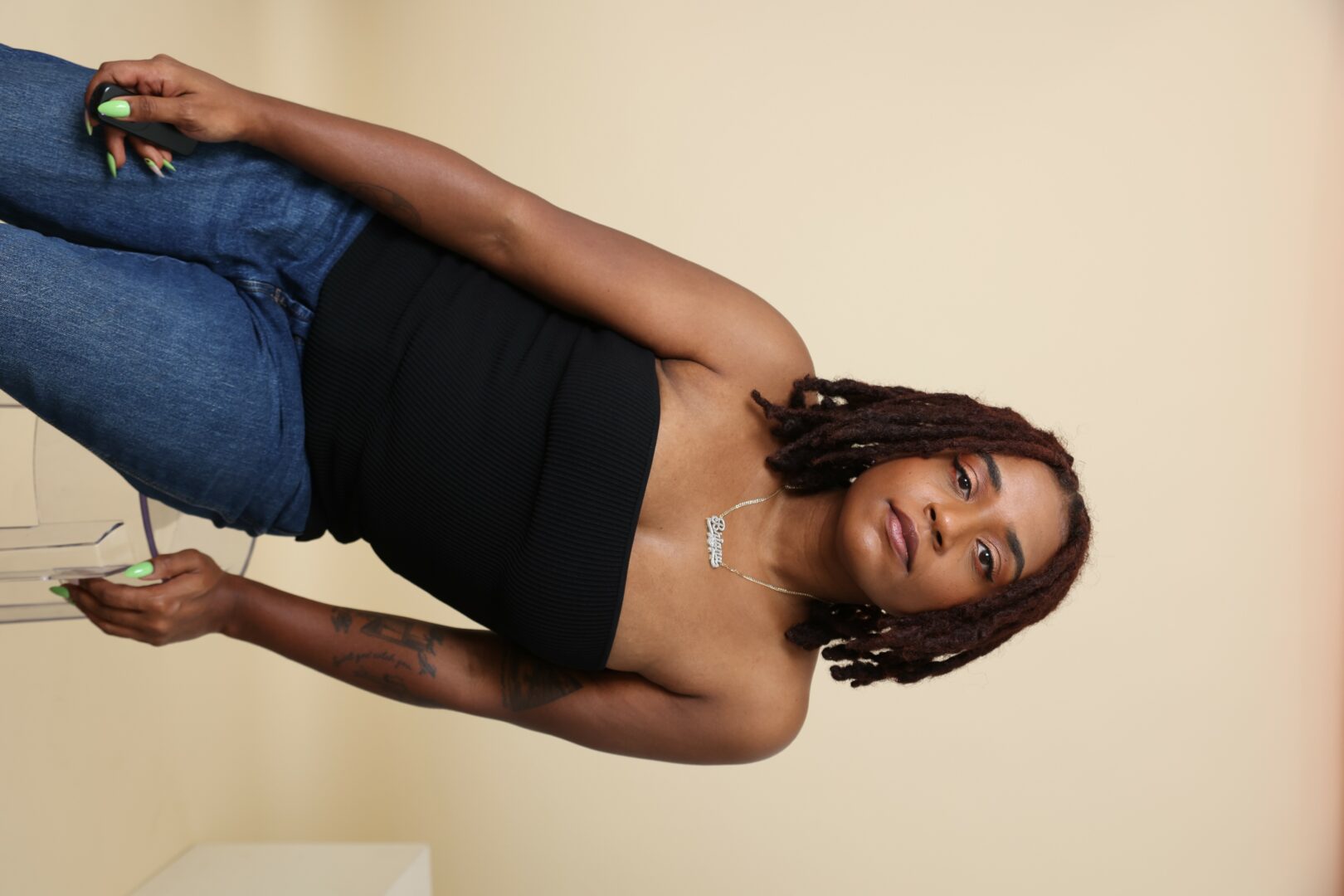
Do you think it’s better to go all in on our strengths or to try to be more well-rounded by investing effort on improving areas you aren’t as strong in?
I don’t think there’s a clear right or wrong answer here—it’s a nuanced question, and one I’ve thought about a lot, especially during my time working in the music industry. I genuinely believe in the phrase “jack of all trades, master of none,” and I think that when you have a wide range of interests and passions, it can be harder—if not impossible—to become a true expert in just one. But I also question whether that’s even the goal.
Limiting yourself to one passion can sometimes lead to limiting your own sense of identity. For some people, that works—but for others, like myself, it doesn’t feel sustainable or true. I’ve always been more of a jack of all trades, and I’m okay with that. There’s a lot I don’t know, and I try to stay curious about what I’m learning along the way.
Of course, there are careers and industries where mastery is essential—where being the expert leads to recognition, credibility, and financial success. But I think there are just as many paths, especially in community work or creative spaces, where being adaptable, multidisciplinary, and versatile is not only helpful but necessary. Sometimes the work demands that you wear multiple hats, and I think there’s real value in that kind of flexibility.
Contact Info:
- Website: https://insulacollective.com
- Instagram: https://www.instagram.com/insulacollective
- Facebook: https://www.facebook.com/profile.php?id=61571979044590
- Linkedin: https://www.linkedin.com/in/brianapearlboyd/
- Other: https://lesserknownself.substack.com/
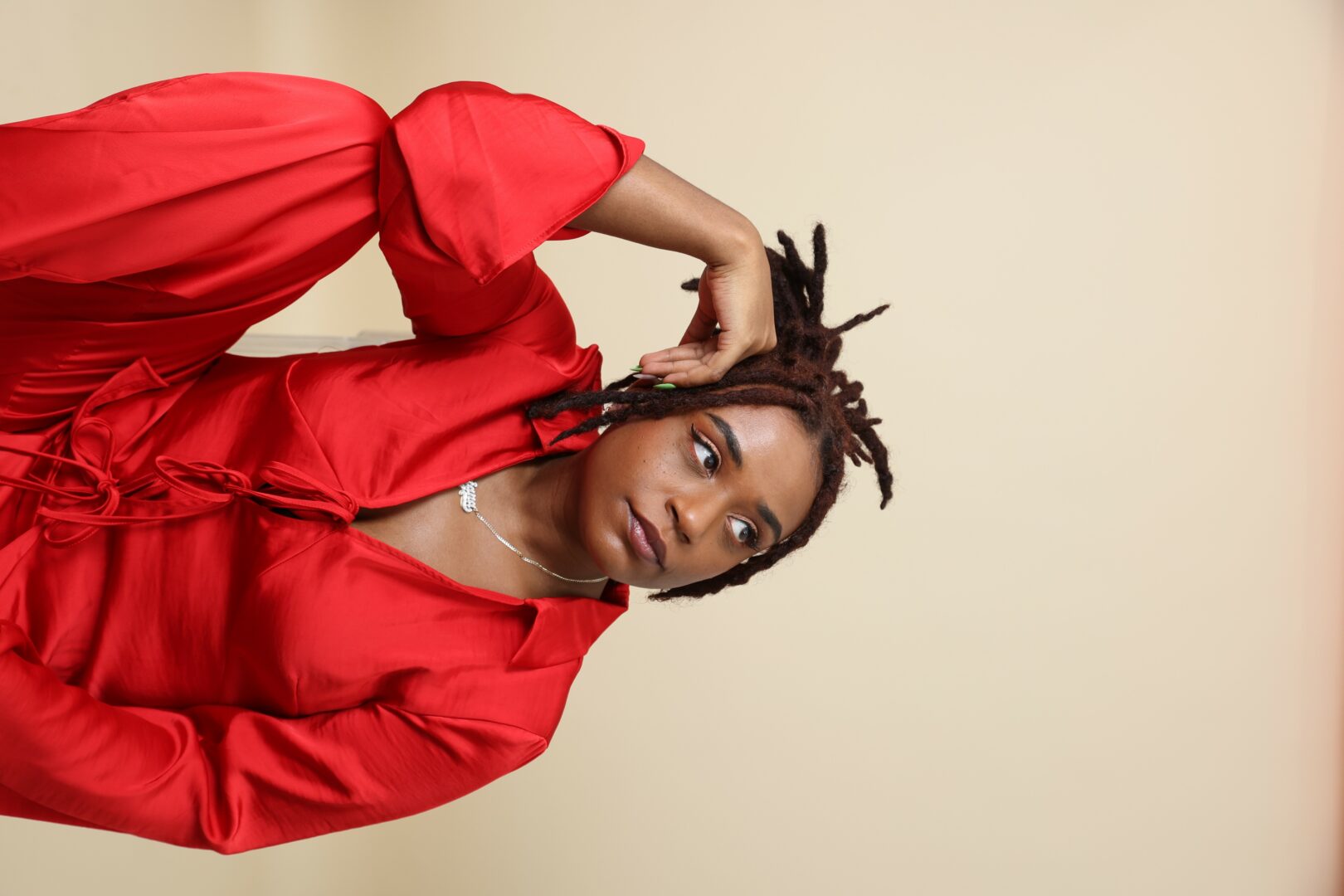
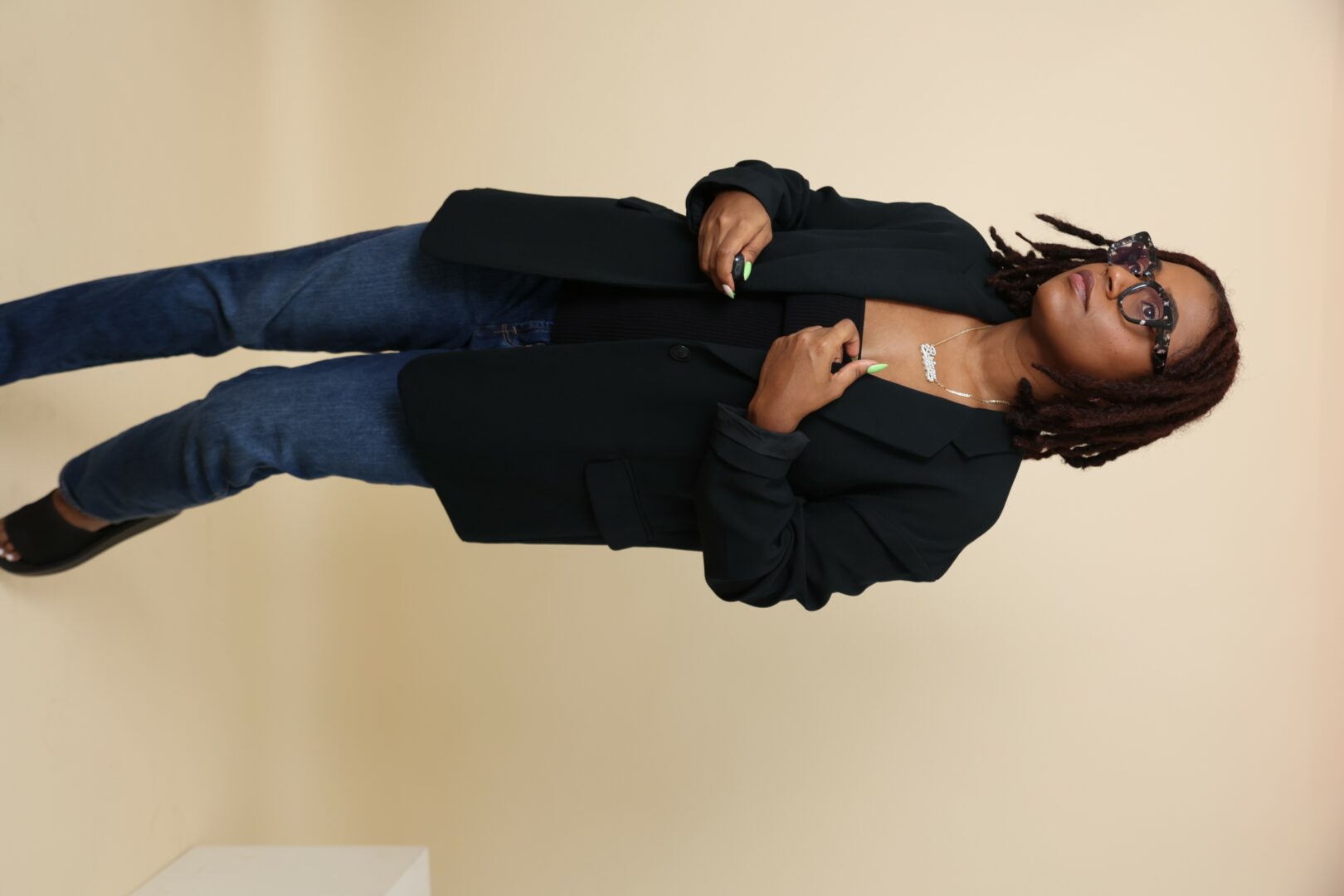
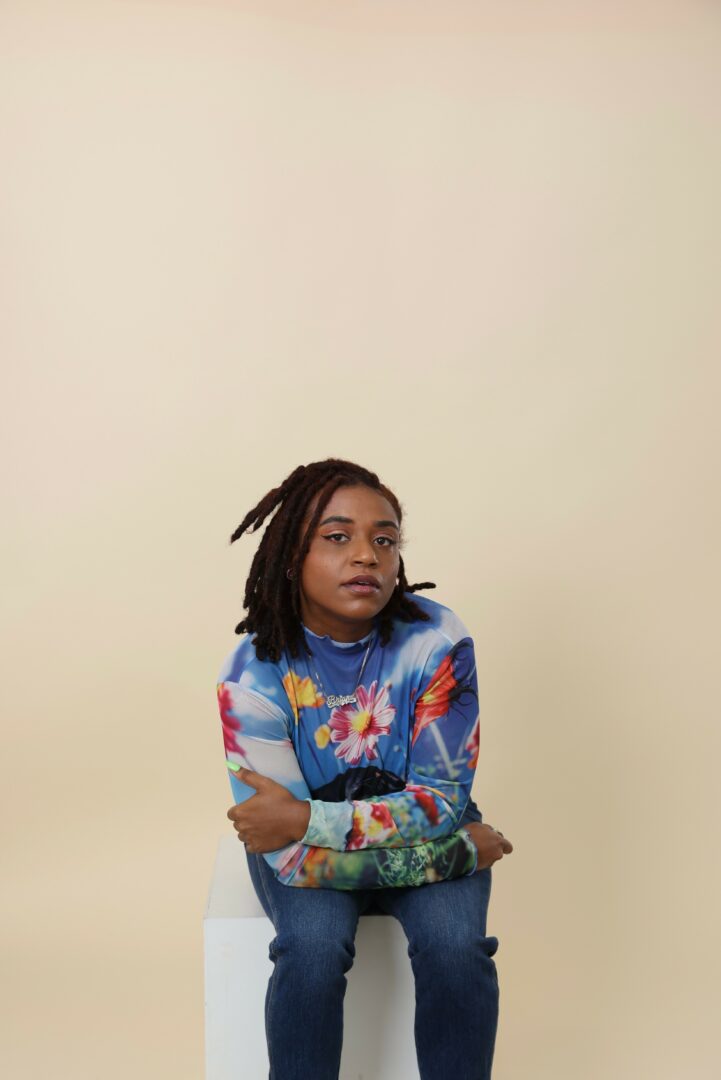
so if you or someone you know deserves recognition please let us know here.

